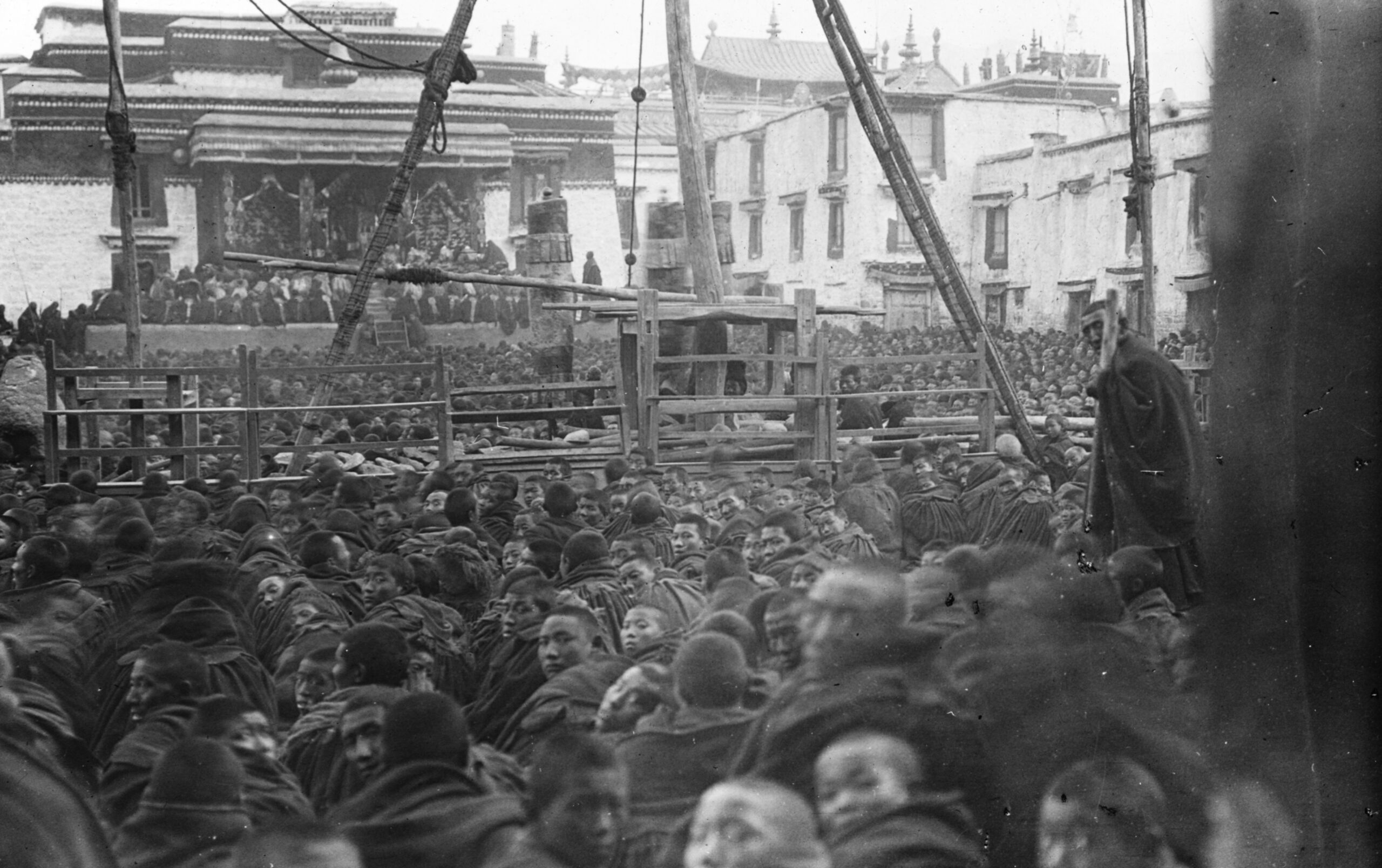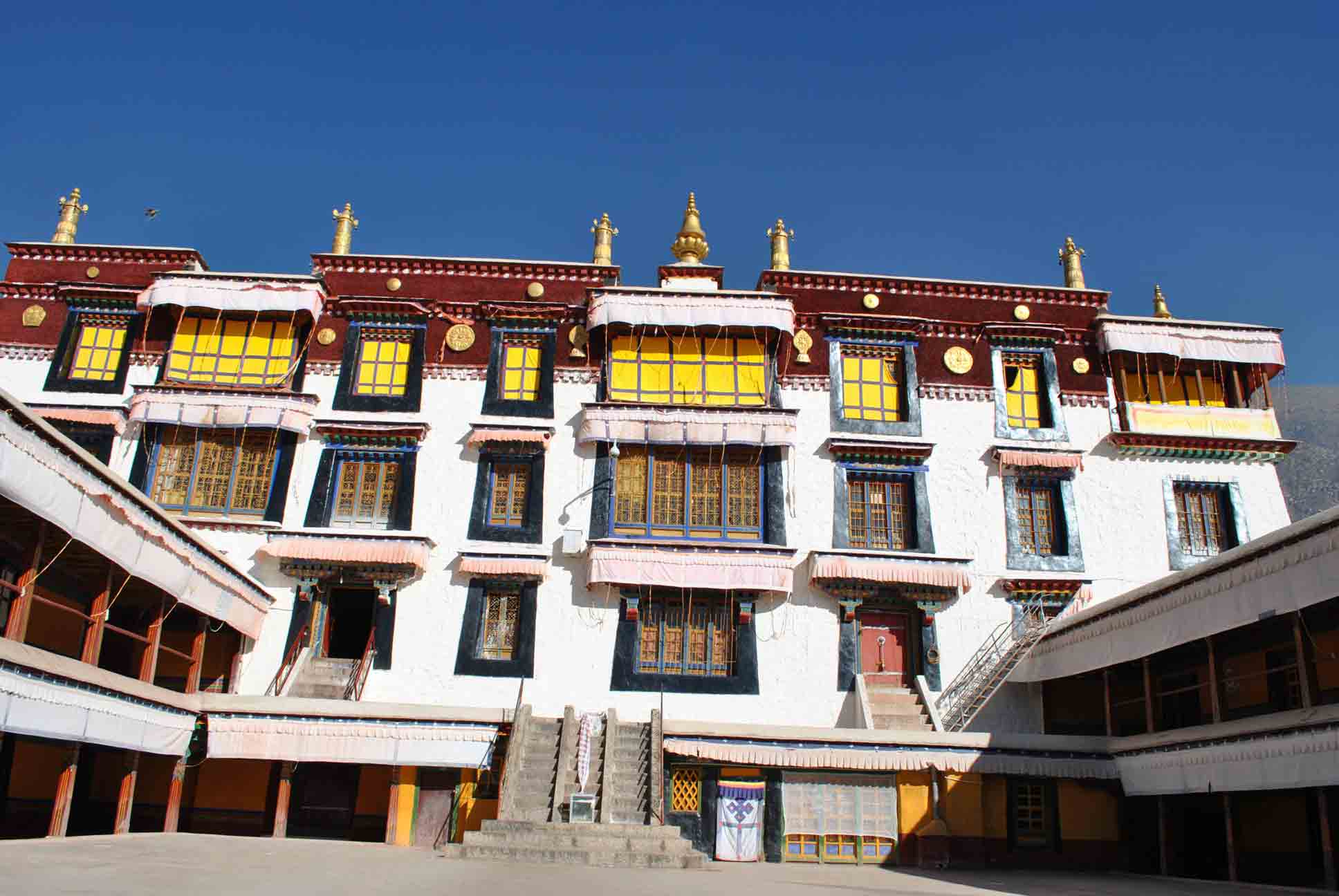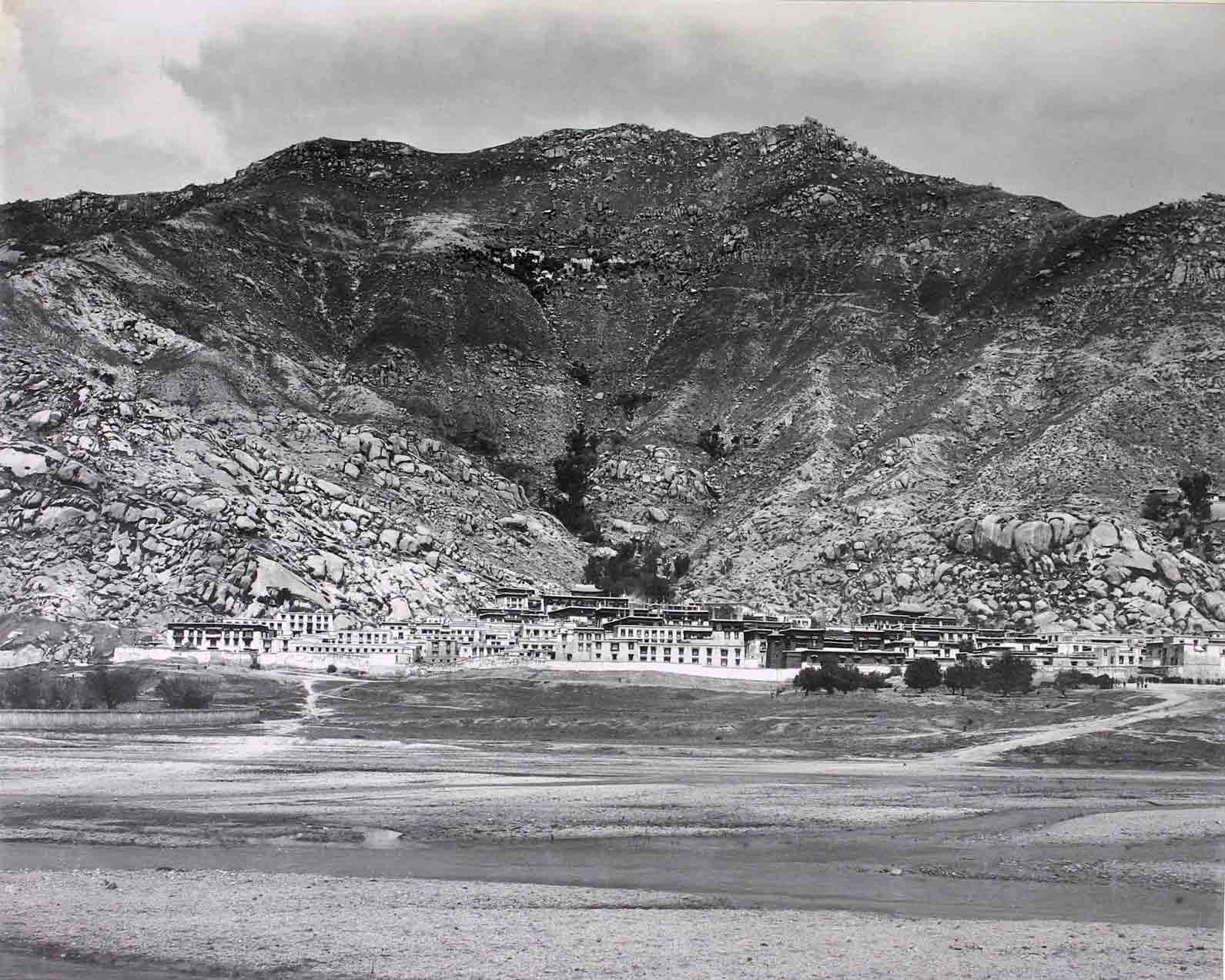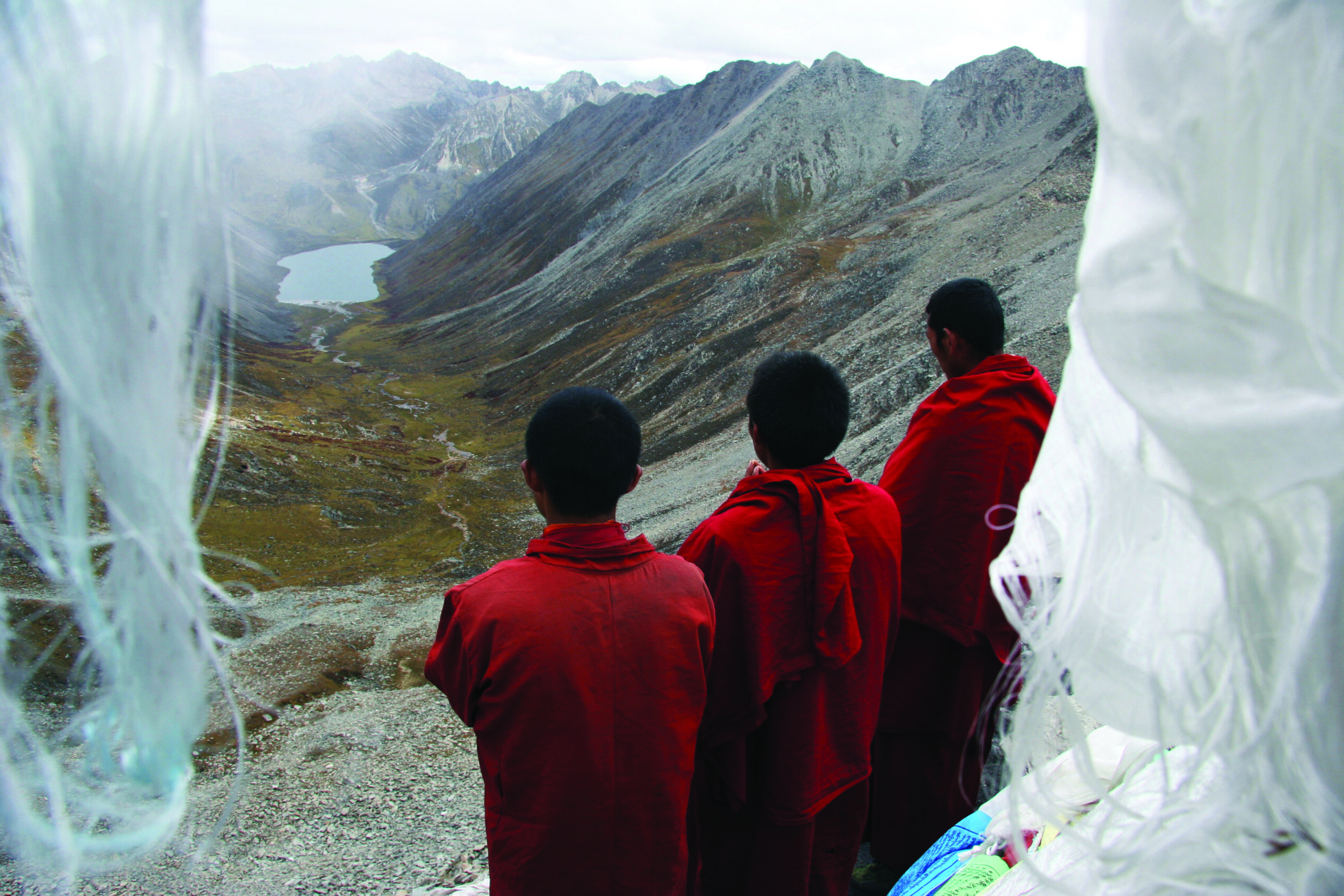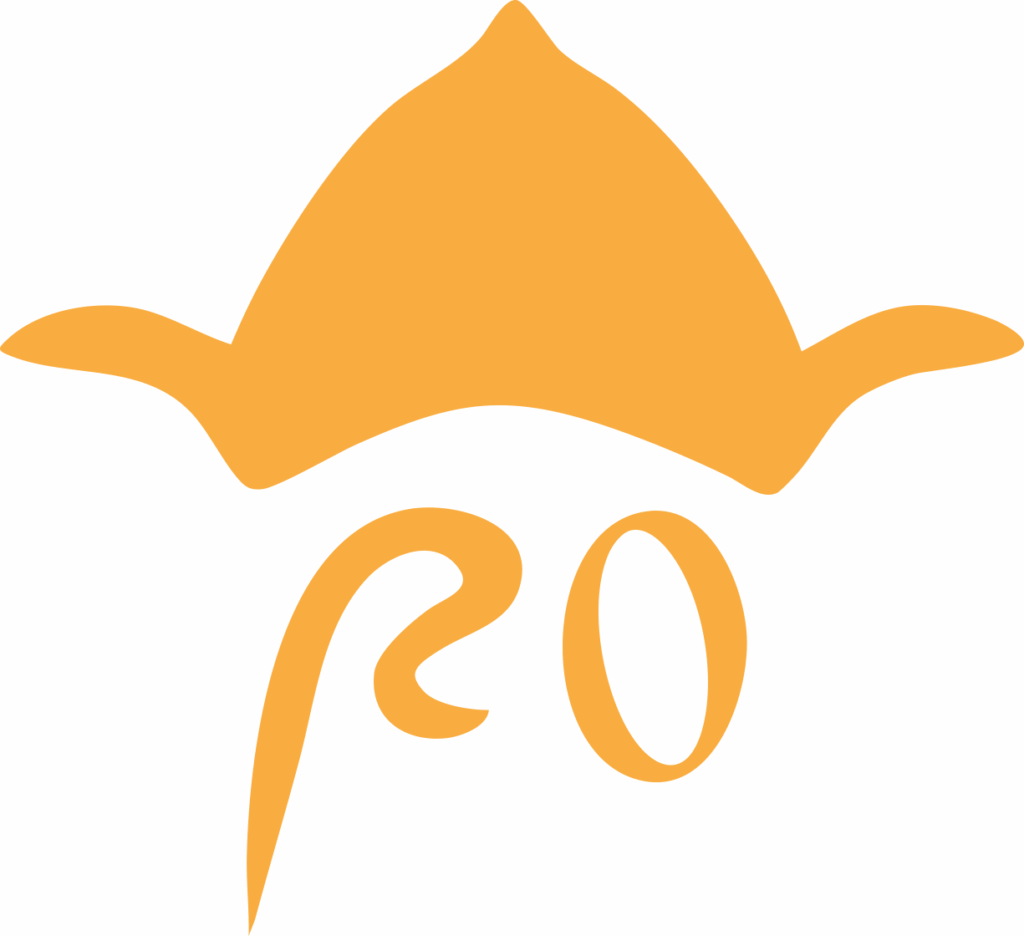
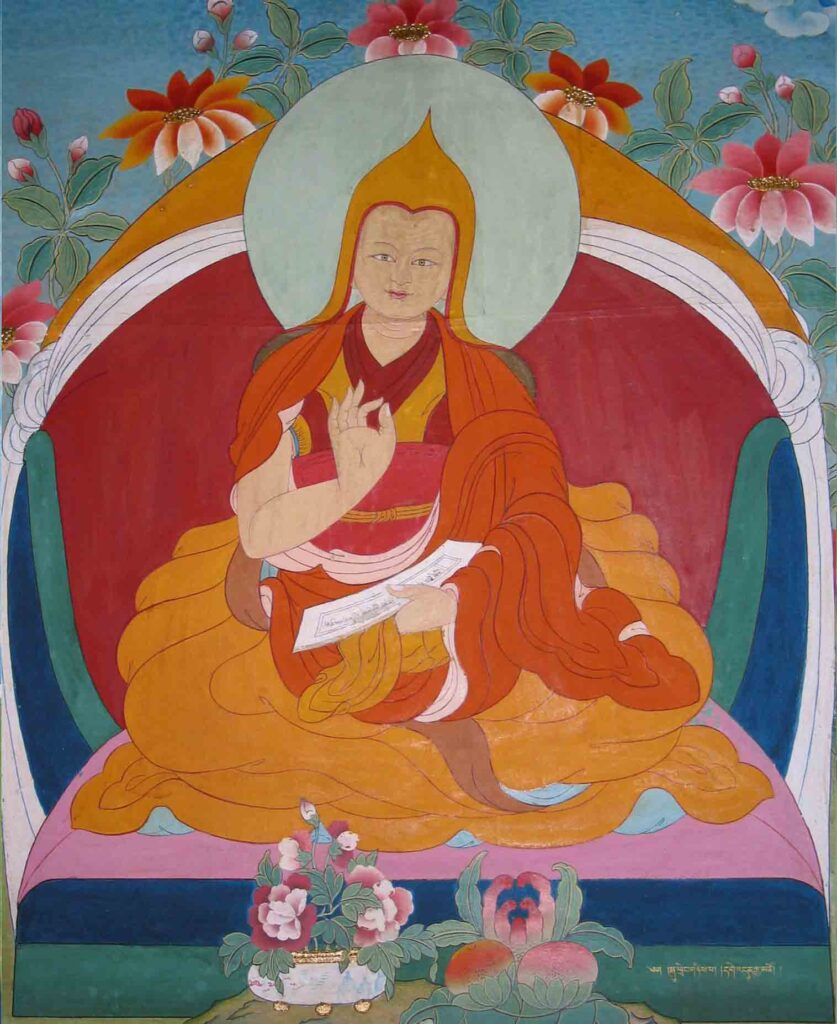
The Second Dalai Lama–Gedun Gyatso (1475–1542)
The Second Dalai Lama, Gedun Gyatso, was born in 1475 in Tanag Sekme near Shigatse in the Tsang region of central Tibet, to Kunga Gyaltso and Machik Kunga Pemo, a farming family. According to legend, as soon as he could speak, he told his parents his name was Pema Dorjee—the birth name of the First Dalai Lama—and expressed a longing to go to Tashi Lhunpo Monastery, which the First Dalai Lama had founded in 1447.
Gedun Gyatso received his early education from his father, a respected tantric practitioner of the Nyingma tradition. At the age of 11, he was formally recognized as the reincarnation of the First Dalai Lama and was enthroned at Tashi Lhunpo. He later took novice vows from Panchen Lungrig Gyatso and full ordination from Choje Choekyi Gyaltsen, who gave him the ordained name Gedun Gyatso.
He pursued rigorous monastic education at both Tashi Lhunpo and Drepung monasteries. In 1517, he became the 9th abbot of Drepung and, a year later, revived the Monlam Chenmo—the Great Prayer Festival—originally established by Je Tsongkhapa, presiding over the event with monks from Drepung, Sera, and Gaden, the three great Gelugpa monastic universities.
While at Drepung, he was offered a residence that later came to be known as Gaden Phodrang. This residence would, in 1642 under the Fifth Dalai Lama, become the central seat of the Dalai Lama’s spiritual and political authority.
Gedun Gyatso is credited with formalizing the practice of seeking visions from the sacred Lake Lhamo Latso to guide the search for Dalai Lama reincarnations—a tradition said to have been promised by the protective deity Palden Lhamo to his predecessor.
In 1525, he became abbot of Sera Monastery, founded by Jamchen Chojey, a disciple of Tsongkhapa. Gedun Gyatso passed away in 1542 at the age of 67, in deep meditation. His leadership significantly expanded central Tibet’s great monasteries and helped solidify the institutional foundations of the Dalai Lama lineage.
